
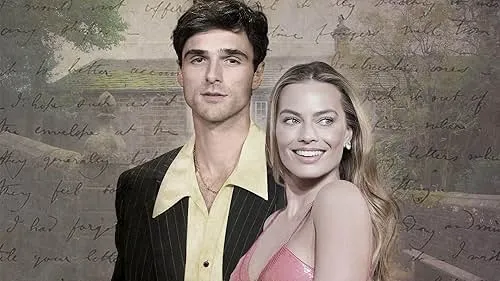
Margot Robbie isn’t in Wuthering Heights, she’s reenacting how society views rebellious women
In the firestorm following the trailer release of Wuthering Heights (2025), starring Margot Robbie and Jacob Elordi, one question keeps surfacing: Is this an artistic reimagining, or a sensationalized betrayal of a literary classic? But perhaps that’s the wrong question entirely. Instead, we should be asking: What if the backlash itself proves the film’s very point?
The new adaptation of Emily Brontë’s Gothic masterpiece has been called everything from “erotic ragebait” to “soft porn in a corset.” The teaser — filled with shadowy glances, sensual touches, and a rebellious aesthetic — triggered an avalanche of criticism. But beneath the moral panic lies something more telling: a discomfort not with Margot Robbie’s performance, but with what her portrayal forces viewers to confront.

Revisiting a Misread Heroine
Let’s remember who Catherine Earnshaw truly is. In Brontë’s original novel, Catherine is wild, impulsive, and fiercely attached to the untamed moors and the brooding Heathcliff. Her love is obsessive, irrational, and all-consuming. She defies societal norms, curses her own gendered fate, and eventually dies in a kind of emotional implosion.
She is not, and never was, a “good girl.”
Yet for decades, adaptations and cultural memory have domesticated her — sanding down her rough edges into something more palatable. When Margot Robbie steps into this role with unapologetic sexuality and emotional volatility, she is not corrupting Catherine. She is restoring her.
“People are not scandalized because Catherine is misrepresented,” says feminist film critic Amanda Voss. “They’re scandalized because she’s finally being shown in her full, complicated glory — not as an ideal, but as a reflection of female agency they don’t know how to process.”
Margot Robbie’s Career: A Mirror of Expectations
It’s impossible to separate this performance from Robbie’s career arc. From her breakout in The Wolf of Wall Street to her razor-sharp Barbie in 2023, Margot Robbie has repeatedly played women onto whom society projects fantasy, fear, and control.
In Barbie, she weaponized perfection to question it. In I, Tonya, she shattered the media’s obsession with the “white trash” villain narrative. In Wuthering Heights, she takes on perhaps her most dangerous role yet — a woman who wants without apology.
And that’s the problem.
We live in a cultural moment where audiences still struggle to accept female characters who aren’t aspirational. Catherine — as played by Robbie — is not likable. She’s not wholesome. She’s not easy to categorize. But that’s precisely why this portrayal matters.
Sexuality Isn’t the Scandal — It’s the Power That Comes With It
What offends many about the Wuthering Heights trailer isn’t nudity or suggestion — it’s the audacity of the female gaze.
Directed by Emerald Fennell, known for her provocatively stylized films like Promising Young Woman and Saltburn, this version of Brontë’s novel leans into visceral sensuality. It doesn’t just imply desire — it dares to center it.
The scenes are not shot through the lens of objectification but of agency. Margot Robbie’s Catherine isn’t being desired — she is the one desiring. She initiates, commands, and refuses to be silenced. And that makes audiences uncomfortable.
The moral panic — labeling the film as “soft porn” — is less about sex and more about who holds the narrative power. Society still expects women in period dramas to be either saints or martyrs. Catherine, as interpreted here, is neither.
Meta-Cinema: Robbie Playing Catherine Playing Us
Here’s where the film may be playing a deeper game. By casting Margot Robbie, one of Hollywood’s most recognizable faces, in such an emotionally chaotic role, Fennell and Robbie force the viewer to confront their own expectations.
This is meta-cinema at its most biting. Robbie isn’t just Catherine. She’s a cipher for every woman who has been flattened into a symbol — the “it girl,” the “cool girl,” the “crazy ex,” the “manic pixie,” or the “femme fatale.”
In portraying Catherine with such unfiltered intensity, Robbie is also holding up a mirror to how we, as a culture, consume women — especially women who don’t fit into tidy categories.
And that’s where the genius lies.
The controversy is part of the point. It’s not about whether this Wuthering Heights is “faithful” — it’s about whether we’ve ever truly understood Catherine at all.
The Violence of Expectations
Let’s not forget: Brontë’s novel is violent. Psychologically, emotionally, and in many ways physically. But much of this has been softened in modern adaptations in favor of melodrama and romance.
In contrast, Fennell’s version — judging by the trailer — dares to be as cruel and stormy as the novel itself, but reframes that cruelty through modern language: obsession, repression, trauma, and longing. And it centers these elements not around men, but around Catherine’s fractured sense of self.
In doing so, Margot Robbie becomes a vehicle for re-examining how society has pathologized female complexity. And the backlash proves that discomfort still persists.
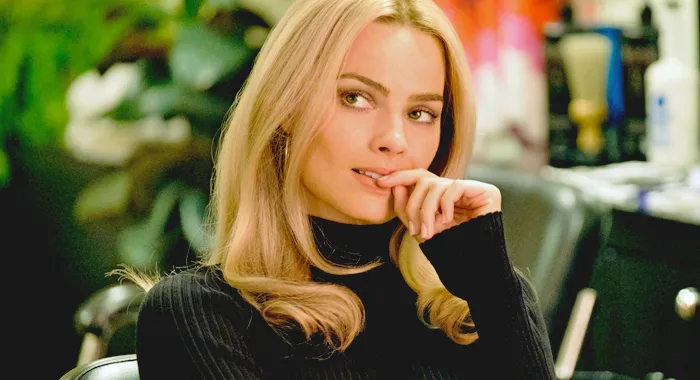
The Real Scandal: Women Who Refuse Redemption
At the heart of this portrayal is one uncomfortable truth: Catherine doesn’t seek redemption.
She doesn’t apologize. She doesn’t “learn her lesson.” She burns, spirals, and dies unresolved. And we’re not used to that — not when it comes to women in film.
This portrayal of Catherine doesn’t offer moral comfort. It doesn’t give us a heroine to root for or a villain to blame. Instead, it gives us something much rarer — a woman who refuses to be contained.
And Margot Robbie, in all her polished rage and raw energy, gives her voice.
Conclusion: Beyond the Backlash
The question is no longer whether Margot Robbie’s Wuthering Heights is “too much.” The question is whether we’re finally ready to accept a woman character who is exactly that — too much, too emotional, too sexual, too contradictory, too free.
By refusing to sanitize Catherine Earnshaw, Robbie and Fennell force us to confront not just the character — but our own discomfort with women who don’t play by the rules.
The trailer sparked outrage. The film may spark more. But in doing so, it reminds us of something Brontë knew in 1847 — and what we still struggle to accept in 2025:
“I am Heathcliff,” Catherine once declared.
Maybe now, finally, we can hear her.








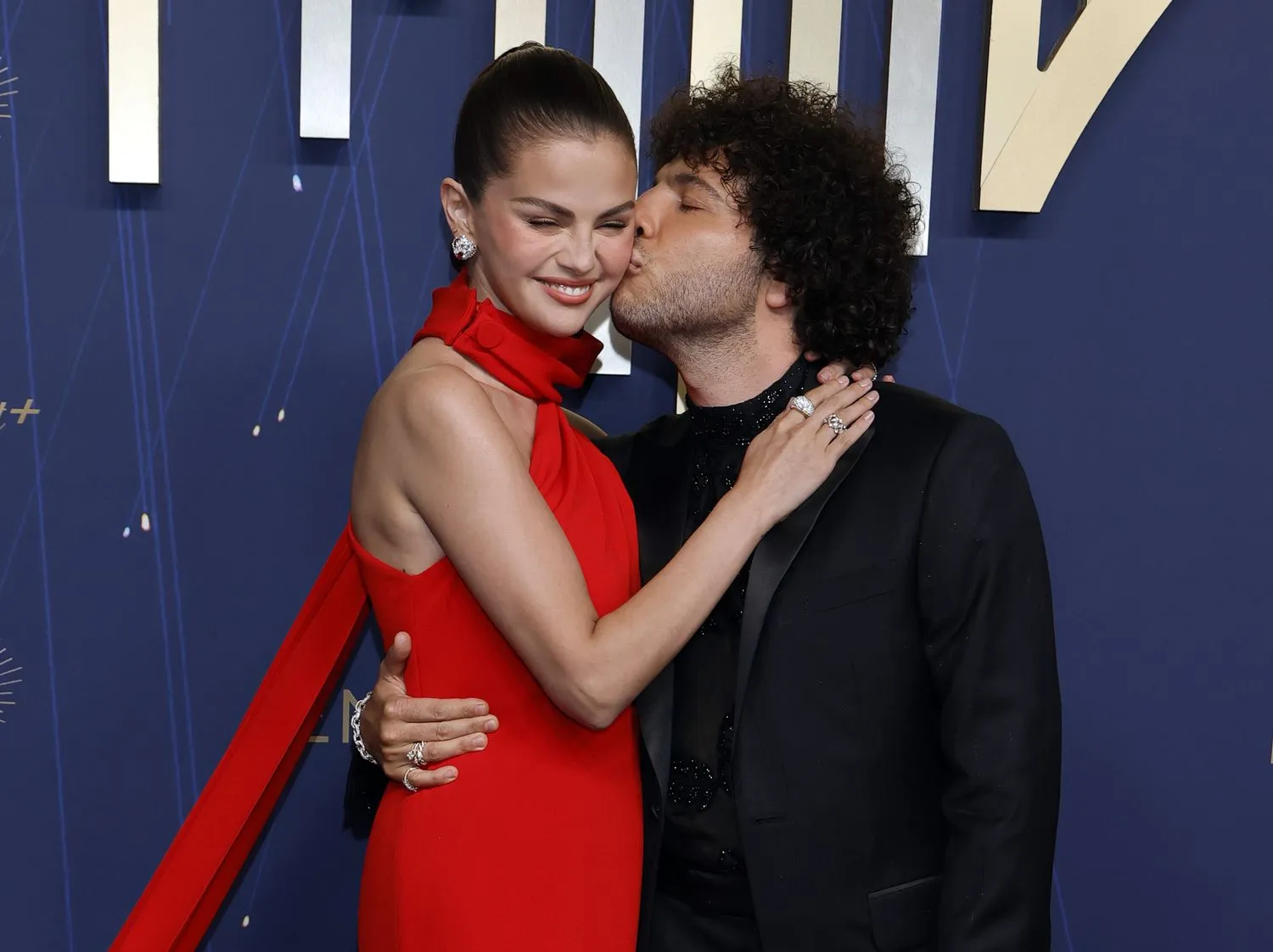
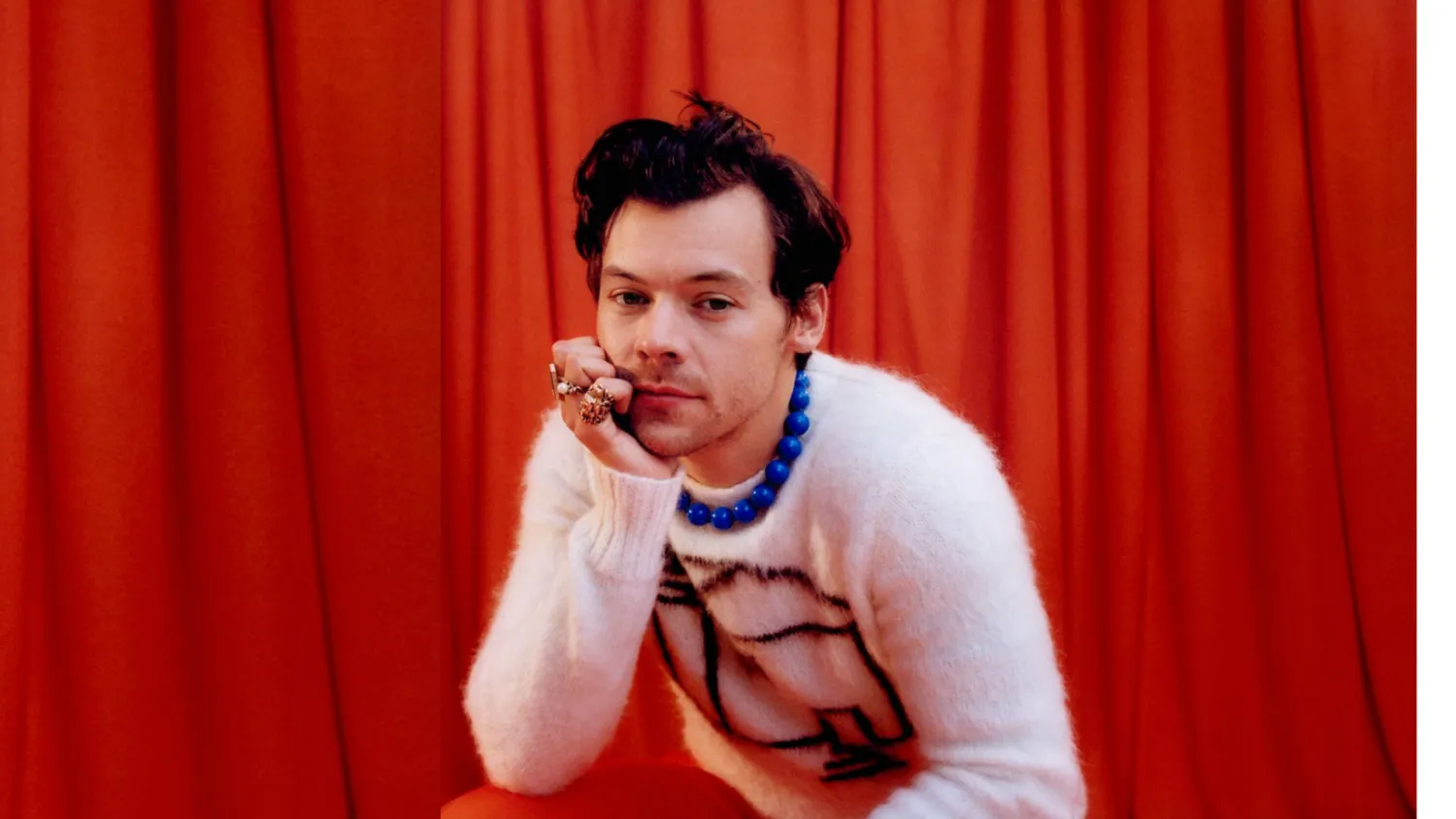
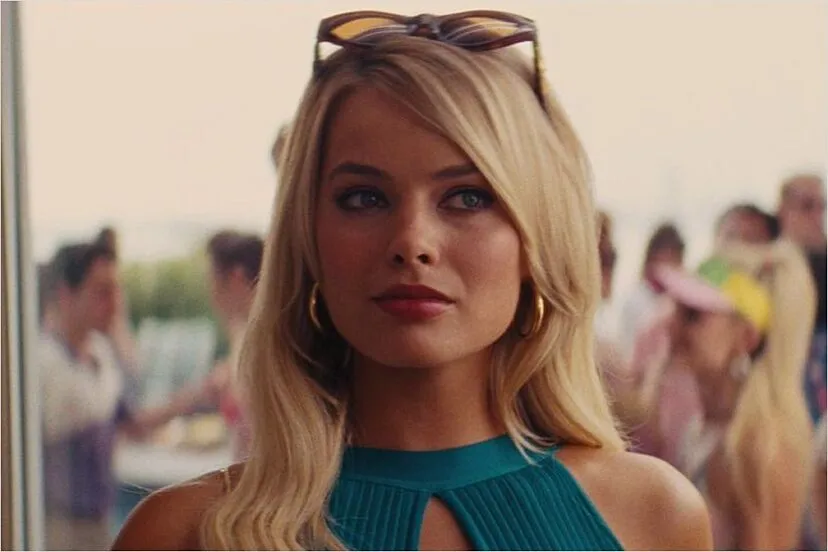








Post Comment